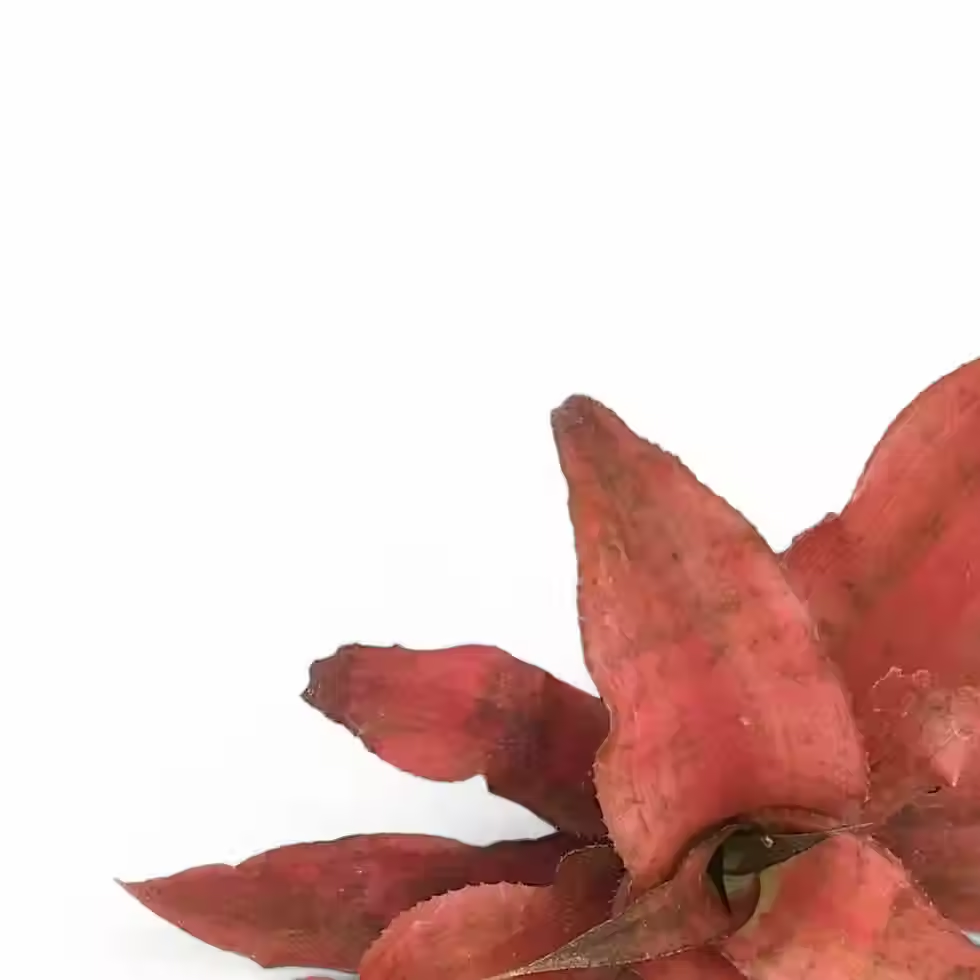Peperomia caperata 'Caracas' – Ripple-Leaf Elegance in a Compact, Pet-Safe Houseplant
Peperomia caperata 'Caracas' is a low-maintenance foliage plant with deeply ridged, heart-shaped leaves in rich shades of green and burgundy. A compact standout for shelves, desks, or terrariums, it brings sculptural texture to any space without demanding attention. This cultivar belongs to the caperata group, native to Brazil’s rainforest floor, and thrives indoors with indirect light and moderate humidity.
What Makes Peperomia 'Caracas' Special?
- Rippled foliage: Deeply corrugated, heart-shaped leaves with green to burgundy tones
- Compact size: Grows just 15–20 cm tall – ideal for small planters and indoor displays
- Non-toxic: Safe for homes with pets and children
- Terrarium-ready: Excellent fit for high-humidity microclimates
- Unique flowers: Rat-tail-like bloom spikes emerge above the foliage in warm months
Natural Context and Botanical Notes
Peperomia caperata grows natively in Brazil’s shaded understory, where it forms dense, low-growing mounds in rich, fast-draining soil. The cultivar 'Caracas' was selected for its bold leaf contrast and compact habit. The name does not indicate a geographical origin but likely evokes the visual richness of its foliage. Peperomia caperata was formally published by Yuncker in Kew Bulletin 421 (1957 publ. 1958).
Peperomia 'Caracas' – Care Guide
- Light: Best in bright, indirect light. Tolerates medium light but avoid direct sun.
- Watering: Water when the top 2–3 cm of soil is dry. Do not overwater; allow full drainage.
- Humidity: Performs well in 50–60% humidity. Perfect for bathrooms, kitchens, or terrariums.
- Temperature: Keep between 18–26 °C. Avoid cold drafts and heating vents.
- Soil: Use a well-aerated, peat-free mix with perlite, orchid bark, and coco coir.
- Fertilizer: Apply diluted houseplant fertilizer every 4–6 weeks in spring and summer.
- Repotting: Repot every 2–3 years or when rootbound. Shallow pots with drainage are best.
- Propagation: Propagate via leaf or stem cuttings in moist substrate or sphagnum moss.
- Maintenance: Prune yellow or leggy growth to keep a compact shape.
Common Issues and Solutions
- Yellowing leaves: Usually a sign of overwatering or poor drainage.
- Leaf droop or wilting: May indicate inconsistent watering or root stress.
- Pests: Susceptible to mealybugs or spider mites. Treat with insecticidal soap or neem oil.
Extra Growing Tips
- Turn the pot occasionally for even light exposure
- Avoid deep containers — shallow pots promote root health
- Add to terrariums or grouped displays for high humidity zones
Botanical Etymology
Peperomia is derived from the Greek “peperi” (pepper) and “homoios” (resembling), referencing its relationship to the black pepper plant. The species name caperata means “wrinkled,” describing the leaf texture. The cultivar 'Caracas' was selected for its ornamental value and compact size.
FAQs – Peperomia caperata 'Caracas'
- Can I grow it in a terrarium?Yes – it thrives in humid, enclosed environments.
- How much light does it need?Bright, indirect light is ideal, but it tolerates medium light indoors.
- Is it pet-safe?Yes – it’s non-toxic to pets and safe for households with animals.
Order Peperomia 'Caracas' – Small Plant, Big Impact
Peperomia caperata 'Caracas' is a ripple-leaf gem with minimal care needs. Compact, pet-safe, and terrarium-ready – order now and bring structured texture to your indoor jungle.
Peperomia caperata 'Caracas'
Peperomia caperata 'Caracas' comes in following sizes:
Baby Plant – is approximately 12 cm tall and comes in a ⌀ 6 cm pot.
M –Baby Plant – is approximately 20 cm tall and comes in a ⌀ 11 cm pot.
































